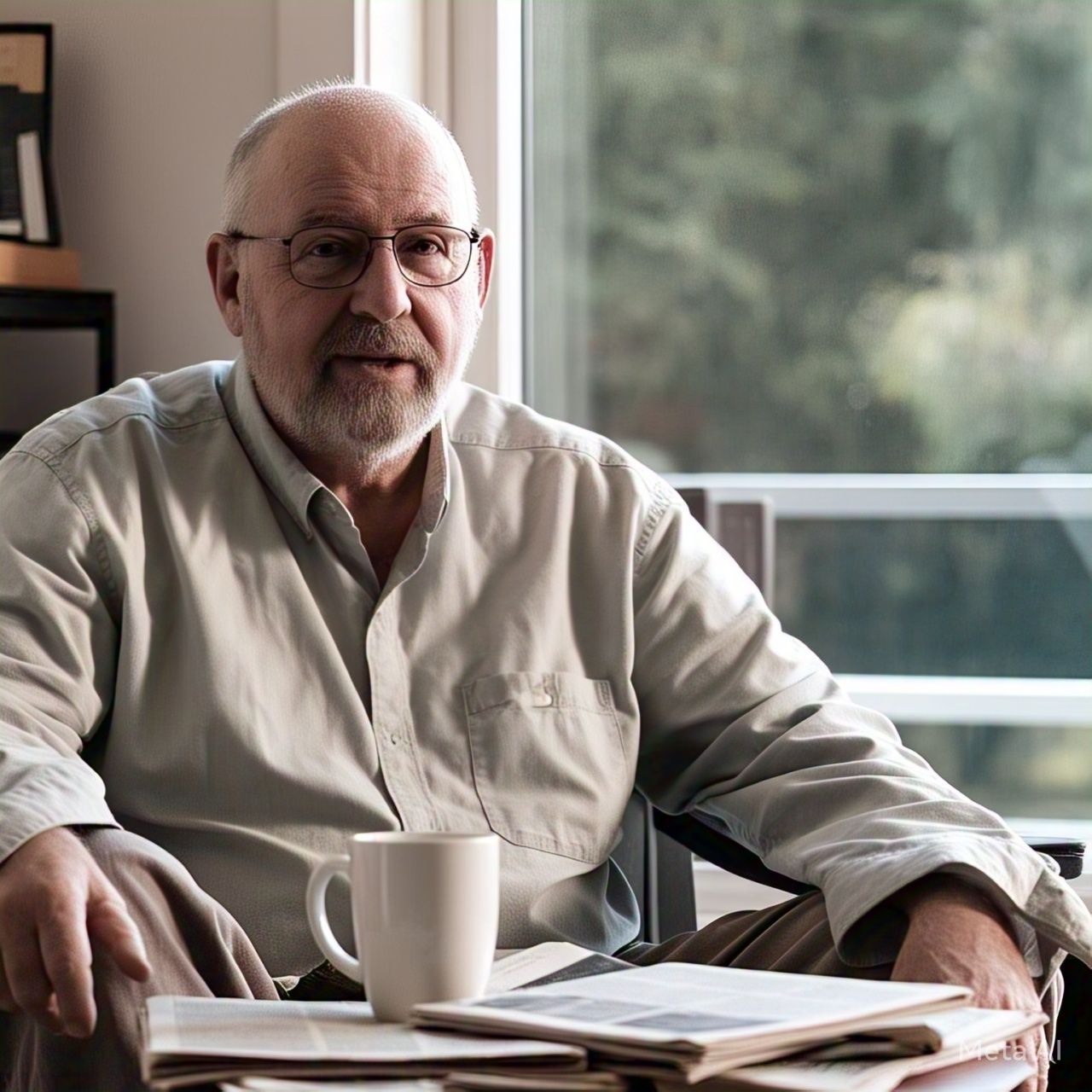In a case that once shook a quiet Kitchener neighborhood, Udo Haan—the man found not criminally responsible for the tragic death of his wife and a house explosion in 2018—is now living independently under close supervision. The Ontario Review Board convened again this Thursday to assess whether additional freedoms can be safely granted.
Back in 2018, Haan caused a devastating explosion on Sprucedale Crescent, one that not only destroyed the couple’s home but also damaged surrounding properties. More tragically, it resulted in the death of his wife, Edra. A court later ruled that Haan was in a state of psychosis, suffering from delusions at the time, and thus not criminally responsible for his actions.
Following the ruling, Haan was placed under the care of the Southwest Centre for Forensic Mental Health in St. Thomas. Since then, his progress has been periodically evaluated by the Ontario Review Board, a legal body tasked with overseeing the cases of individuals found not criminally responsible due to mental illness.
In April 2024, Haan was granted travel privileges, allowing him to leave the facility on temporary passes. At Thursday’s hearing, the acting medical director of the forensic psychiatry program, Dr. Ajay Prakash, provided an update on Haan’s condition and community involvement.
Still, Haan’s adjustment to independent living appears to be going well. He’s been volunteering with the local Lions Club, a step praised by some as a sign of successful rehabilitation.
But not everyone is ready to loosen the reins.
The hospital and Crown both recommended maintaining strict restrictions, including a continued ban on alcohol and drug use. Their concern: Haan’s mental health is stable, but the stakes are too high to rush.
Haan’s defence team, however, pushed back—highlighting that he’s remained sober for over six years. Their argument: continued sobriety and structured community engagement indicate readiness for more freedom.
A compromise may be on the horizon. The review board is considering extending his release privileges from five days to seven, depending on hospital approval of each itinerary.
The final decision isn’t in yet. The board will weigh all submissions and publish a ruling in the coming week.
A Curious Case of Redemption
If this were a movie, you’d almost expect a courtroom speech from the defence attorney: “Your Honour, the man before you today is not the man he was.”
But this isn’t Hollywood. It’s Ontario.
And while the law does make room for healing, it doesn’t hand out second chances lightly—especially when lives have been lost.
Still, this case serves as a potent reminder: mental illness doesn’t make someone a villain, but it does demand serious oversight, even when recovery appears sincere.
So, can a man who once destroyed everything rebuild a life of service? That’s the question now in front of the Ontario Review Board. And it’s one that, understandably, doesn’t come with easy answers.



